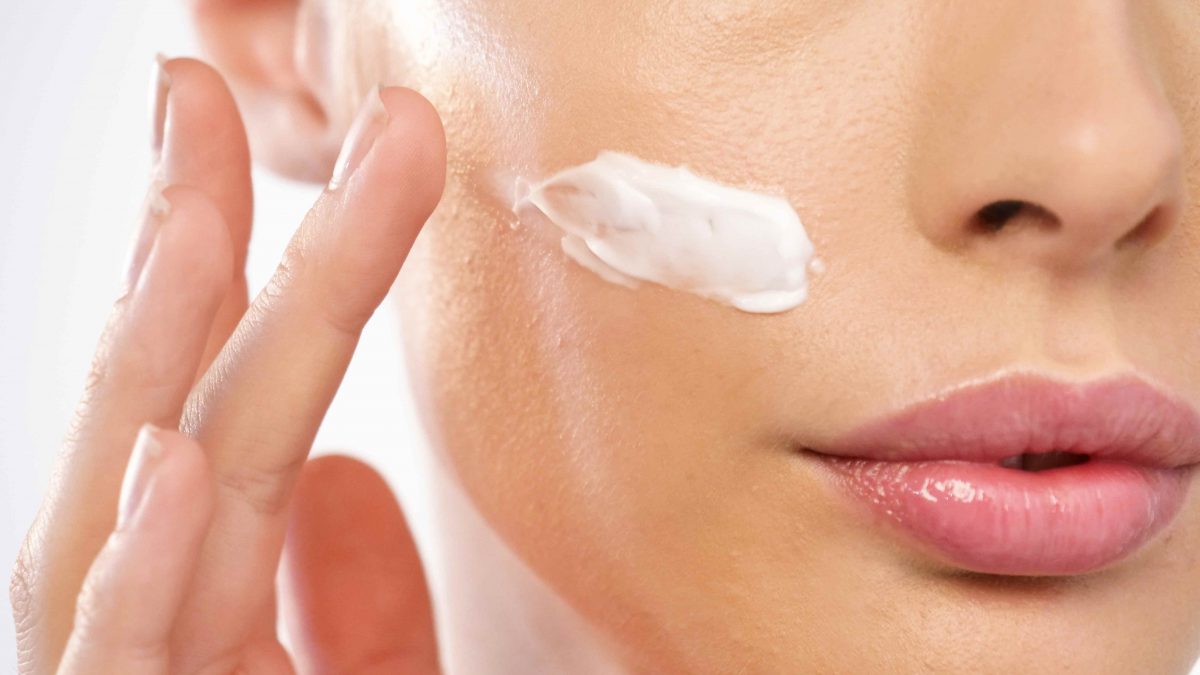As with death and taxes, it is inevitable to see changes in our skin as we age.
But make no mistake: aging is a gift that we don’t have enough of to appreciate. However, we’d be lying if we said that most of us don’t want to look our best as the years go by.
That’s why it’s crucial to develop a proper skincare routine, as to make sure you’re using products with powerful ingredients that will produce results. Two of these ingredients are squalane and hyaluronic acid.
Both of these are great on their own, but combined, they make a powerful pair, especially when it comes to maintaining the skin’s moisture barrier.
So let’s take a quick second to learn more about the dynamic duo.
What Are the Main Benefits of Squalane?
“Squalane – the vegetarian version of squalene – has great moisturizing properties that maintain our skin’s own moisture barrier,” shares triple board-certified dermatologist and Skintellectual Mamina Turegano, MD, of Terasana Clinical with InStyle.” Our skin naturally produces squalene (with an “e”), but as we age, squalene production decreases.”
Fortunately, squalane (with an “a”) is well absorbed into the skin and helps replenish lipids with no side effects. In addition, according to Dr. Turegano, it does not produce acne and has been shown to have anti-inflammatory and microbial nourishing properties.
What Are the Main Benefits of Hyaluronic Acid?
Ever been out all day on a hot summer day and then come home and thank God you stored a few bottles of water in the fridge the night before so you could feel rejuvenated again? Think of hyaluronic acid as the same type of water storage – but for your skin.
“Hyaluronic acid is very important for moisturizing and keeping the skin elastic,” explains Dr. Turegano.” Our skin also naturally possesses hyaluronic acid. It acts as a humectant, meaning it pulls in water or moisture in the skin cells, making the skin feel more hydrated and ‘plumped up’. This not only gives your skin moisture and radiance, but it also reduces fine lines in the skin.”

Why Should I Pair These Two Ingredients Together?
It’s simple: these two ingredients work together as a team to help absorb moisture and then lock it in.
“While hyaluronic acid absorbs water to hydrate cells,” says Dr. Turegano, “squalane does more to create a moisture barrier, keeping water in the skin rather than evaporating it.” I recommend using hyaluronic acid serum and then laying squalane on top.
What Type of Skin Ailments Can Hyaluronic Acid and Squalane Relieve?
Dr. Turegano adds that squalane itself can help soothe sunburns, treat acne (because of its anti-inflammatory properties), and can even be used on dry cuticles and nails. Hyaluronic acid, on the other hand, can help with wound healing.
Both of these ingredients can also be used to hydrate dry hair.
Which Skin Types Are These Ingredients Most Beneficial For?
Anyone who can get them, almost always.
“Even acne-prone, oily or sensitive skin will benefit from squalane and hyaluronic acid,” shares the dermatologist, adding that it can also help with anti-aging.” There are serums that create higher concentrations of hyaluronic acid that will be more helpful as we age, helping to replenish the natural hyaluronic acid we naturally lose as we age and helping to reduce the appearance of fine lines.”
Is There a Catch?
Nope! It really is too good to be true – unless you’re not a fan of oil in the case of squalane. But luckily, you’ll still have options.
“There are still a lot of creams, lotions or gel-based moisturizers that incorporate squalene into their products,” says Dr. Turegano.” But not all squalane is created equal, too. I would look for squalane derived from sugar cane – rather than olive or shark – because it’s more consistent in quality and more sustainable. For hyaluronic acid, I do recommend adding a separate occlusive moisturizing layer to hyaluronic acid products, which will allow them to retain moisture. This is more important for people with dry skin.”
The other advantage? Both of these ingredients are non-irritating, even if you have sensitive skin.



